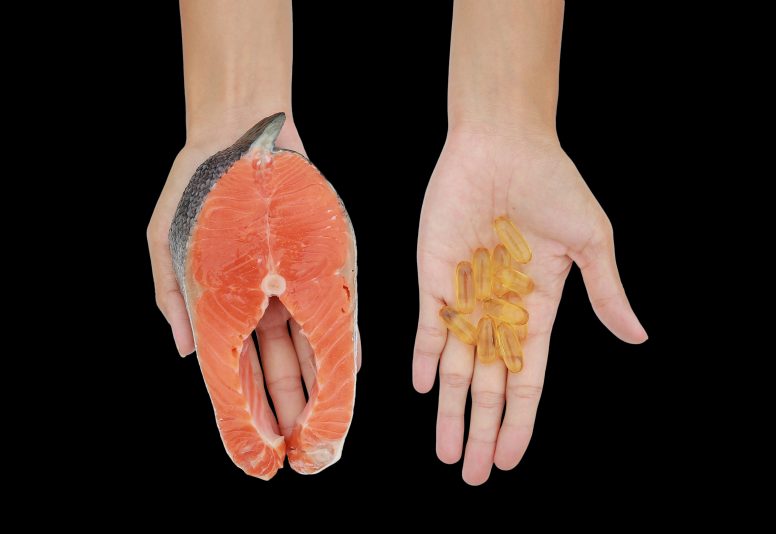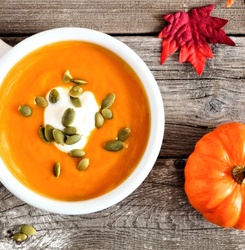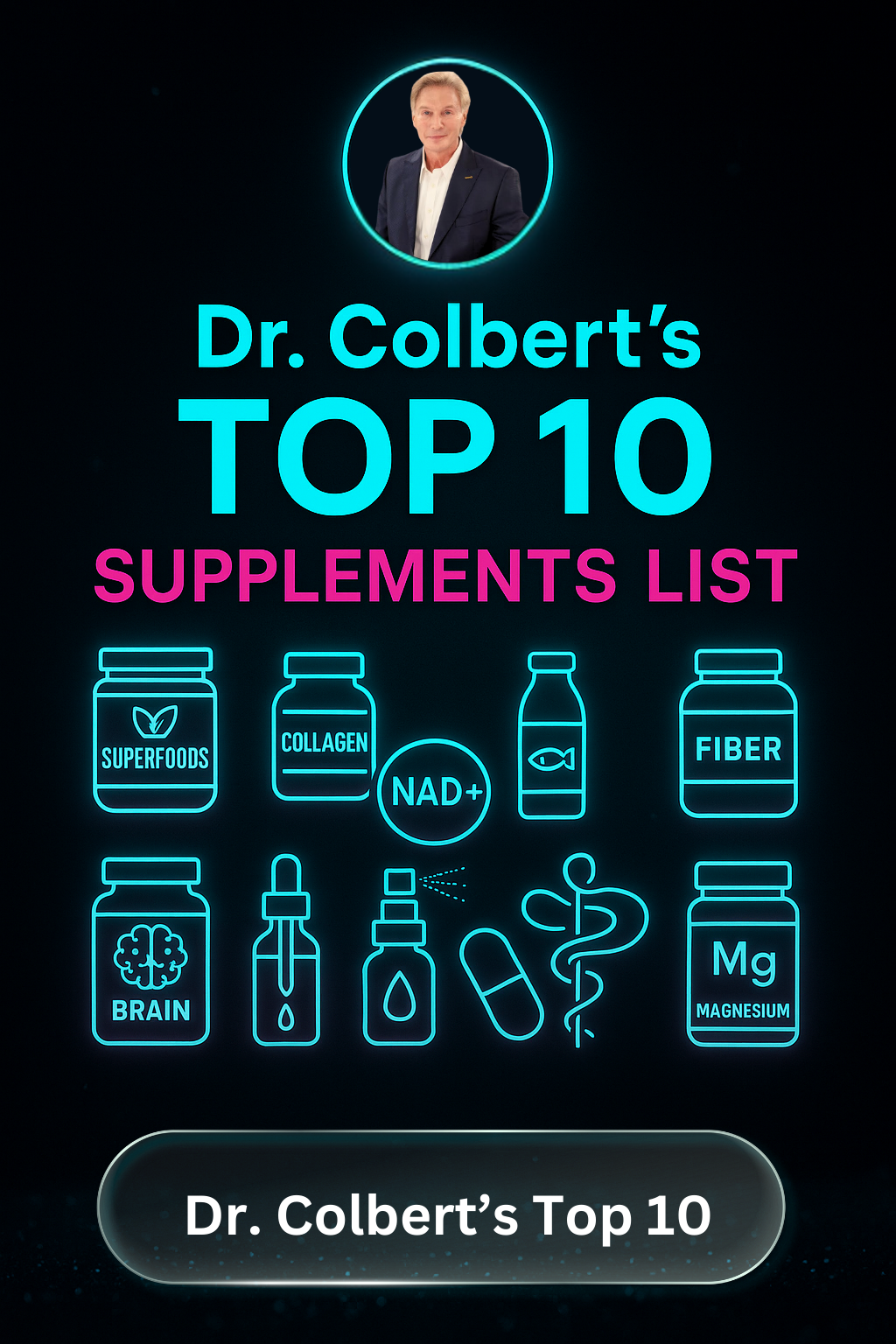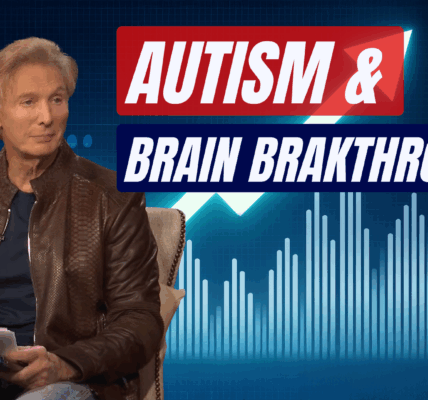These days it’s not hard to find someone who has sworn off dairy. Many adults have gone dairy-free and for many different reasons. But without an obvious dairy allergy, should you eat a dairy-free diet?
Actually, there are many signs of mild allergy, or even intolerances, that do not show up on an allergy screening test. In fact, many adults live with these symptoms convinced it’s not the fault of the dairy in their diets because they’ve had allergy tests that confirm they are NOT allergic. The National Institutes of Health (NIH) estimates that “approximately 65% of the human population has a reduced ability to digest lactose AFTER after infancy.” What’s more, this number climbs to 70-100% in some people groups including those of East Asian descent (1).
And this only accounts for lactose intolerance, and not those allergic to dairy proteins.
Here are the differences in allergies vs. intolerances, 5 signs you should eat a dairy-free diet, tips on how to do so, and 1 sign you shouldn’t.
Lactose Intolerance Vs. Dairy Allergy
There are 2 main reasons people cannot tolerate dairy.
- Lactose Intolerance
- Milk Protein Allergy
The lactose in milk is the milk’s “sugar.” Lactose comprises the carbohydrates in dairy and generally causes digestive issues in those who cannot tolerate it. Cheese, cream, butter, whey protein powder, and long-fermented yogurt (such as our high-probiotic homemade yogurt) do not have nearly as much lactose as milk and are even sometimes considered lactose free.
For those who have a milk protein allergy (whey and/or casein), they experience allergic reactions to dairy with protein. Typically, allergic reactions manifest as skin reactions (such as rashes or eczema), respiratory reactions (difficulty breathing, congestion or chronic respiratory infections), or digestive issues (diarrhea, bloating or constipation).
While it’s helpful to know which issue a person has (allergy vs. lactose intolerance), both are indications that a person should eat a dairy-free diet.
5 Signs You Should Eat a Dairy-Free Diet and 1 You Shouldn’t
1. Chronic Respiratory Infections, Congestion, Ear Infections, etc.
If you experience chronic congestion or respiratory issues, your body may fair better without dairy. In fact, it is well-accepted that childhood recurrent ear infections are associated with cow milk allergy (2). Unfortunately, this associated often goes untested and undiagnosed.
Some people “out-grow” this allergy, while others continue to experience respiratory issues.
Of note, there are many studies now showing a positive association between “raw milk” (milk that has not been pasteurized) and reduced allergy and asthma incidence. However, many help authorities also discourage the consumption of raw milk due to the risk of bacteria growth in non-pasteurized milk (3).
What’s more, there is an association between early antibiotics use and allergies to cow’s milk and other foods. In fact, one study found that more than 3 antibiotics orders before the age of 7 significantly increased incidence of cow’s milk, other foods, and non-food substances (4).
2. Eczema or Skin Rashes
Many children and adults experience chronic eczema. And while topical creams and treatments can bring temporary relief, if it’s caused by food such as cow’s milk, the cream will not “cure” the issue.
If you suffer from unexplained or uncured eczema, you should try a dairy-free diet. In fact, 20% of all childhood (before 4 years) of eczema cases are due to a food allergy, often cow’s milk. However, up to 90% of cases resolve by 4 years of age. For the remaining 10+%, cow’s milk allergy may continue to cause eczema (5).
To see if it helps your case, try removing all dairy for 30 days and note any symptom changes.
3. Loose Stools and Diarrhea
A huge percentage of adults now claim lactose intolerance. Whether the growing number is an issue with modern dairy products and their growth and production OR their own digestive health, it’s unknown.
But, if you experience chronic and unexplained loose stools and diarrhea, you may want to eat a dairy-free diet. IF it’s due to the lactose and not milk protein, you may be able to add back low-lactose foods like hard cheese, long-fermented yogurt, cream, and butter.
4. Bloating and Constipation
On the other side of the digestive spectrum, some adults experience bloating, painful gas, and constipation due to lactose intolerance and/or milk protein allergy.
While cow’s milk is often overlooked in constipation, likely because it more typically causes loose stool, it still should not be ruled out as the culprit. In fact, studies show that constipation due to cow’s milk allergy can usually be resolved when a dairy-free diet is used (6).
5. Unexplained Chronic Fatigue
While there are many factors associated with fatigue, your body may be drained of energy due to constant immune-system reactions to a cow’s milk allergy or intolerance.
If you find that you are actually fatigue after eating a meal with dairy, and especially if you experience this along with any other signs stated above, it’s worth a shot to see if a dairy-free diet improves your overall energy and well-being.
1 Reason You Shouldn’t Eat a Dairy-Free Diet
If you enjoy dairy and don’t exhibit any signs of allergy or intolerance, you do not have to listen to the claims that your health will simply be better using a dairy-free diet. Many times, people will claim:
- You’ll feel so much better without dairy. If you tolerate it and enjoy it, eating a dairy-free diet is not likely to deliver “feeling better.”
- You should not drink dairy because other animal species do not drink other species’ milk. This is more an issue of opportunity than biology. Given the chance, most wild animals would drink cow’s milk. If you’ve ever lived in proximity to wild animals and left some out, you would definitely see animals drinking it without inhibition. However, they have not figured out how to milk cows.
- There are no nutritional benefits to consuming dairy. This is not true. Dairy is a great source of protein, fats, vitamins, and minerals. In the case of yogurt, it can be healing to the gut and improve overall health including reduction of cardiovascular disease, digestive issues, and diabetes incidence (7).
The reason to NOT eat a dairy-free diet is you tolerate and enjoy it? Other peoples’ false claims.
Dairy and the Keto Zone
Since it is a high-carbohydrate food, milk is typically not a food/drink included on the Keto Zone diet. However, many Keto Zone eaters include cheese, cream cheese, butter, sour cream, and heavy cream in their diets. And some find carbohydrate-room for high-probiotic homemade yogurt.
As long as it’s tolerated and enjoyed, these foods can be a healthy part of Keto Zone.
How to Stay Healthy without Dairy
If you want to use a dairy-free diet, you certainly can without issue if you keep these things in mind:
- Most non-dairy milk and yogurts have very little protein, so look for other sources such as Keto Zone Hydrolyzed Collagen
- Especially if are high-risk for bone fractures, you should include vitamin K2 from other sources such as Keto Zone Hormone Zone and calcium, vitamin D, and magnesium from supplements
- Goat’s milk can be a high-protein acceptable alternative for those who are allergic to cow’s milk
- You can easily replace many dairy-cream sauces with coconut milk, non-dairy milk, or cashew cream
- Although not a direct replacement for cheese, adding avocados to almost any dish (after cooking) can afford, the rich flavor often missed by cheese-free entrees
- Watch out for non-dairy cheeses. Some have acceptable ingredients, while others are highly processed and use ingredients such as soybean oil
- To test a dairy-free diet, omit all dairy (look at ingredients) for 30 days. Then, try adding individual dairy products back into your diet, one-by-one, at least 14 days apart and note all symptoms.
Bottom Line
Many adults are intolerant and/or allergic to dairy milk and products. If you experience the signs above, it’s worth a try to eat a dairy-free diet and see if it helps. Your body doesn’t need dairy, and it can be replaced with other foods from a healthy diet if you choose not to include it.
If you’re ready to get started with the Keto Zone diet, start our Keto Zone 21-Day-Challenge today for FREE! You’ll find Keto Zone tips, recipes, and more!

















